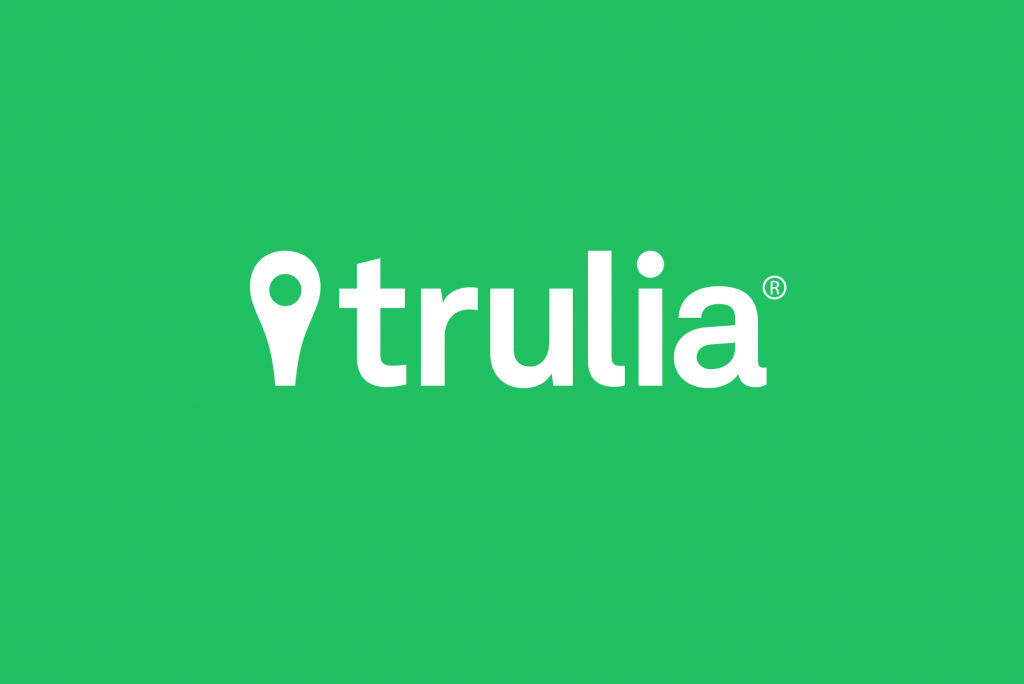Artificial intelligence (AI) is permeating our lives and it’s here to stay, but what does it really mean? Are we really on the brink of a “West World” with robots as life-like as humans running around? Will self-driving Ubers be zipping through San Francisco’s busy streets before 2018?
In simple terms, AI is intelligence for humans, but not created by humans. It’s created by machines and is intended to improve our life conditions or to help us make smarter choices. For example, today, when I leave my home, my Nest Thermostat knows I have left, and sets itself to “away mode” to save energy. It also now knows what time my family comes home from school and turns itself back on a few minutes before that time to ensure the temperature is comfortable when they walk in the door. Put another way, machines are getting smarter by learning our behaviors and needs, in turn providing us with intelligence to help us improve our lifestyles or gain efficiency, by focusing on important stuff. That is AI.
Real-world use cases for AI
AI is very much still in its infancy, but it’s becoming more widespread, on the road to being ubiquitous. Consumers might not realize it, but AI touches almost everything they do. When you start a search in Google, you’ll notice Google tries to autocomplete your thought, which is an example of a machine learning your intent. Another example is how autonomous mobile robots are used in outdoor security surveillance for businesses. They can use intelligence to detect problems to alert owners or authorities.
AI misconceptions
Some companies think that AI is not for them. Many companies are still trying to wrap their heads around AI and figure out how to integrate it into their product. To be frank, many people don’t fully understand how to use the technology at this point – they are still stuck on the idea that AI is about robotics, but it’s more than that. On the consumer side, I think they see it as the technology behind self-driving cars, talking robots, etc., which it is. But, today, it’s not just that. The majority of consumers don’t realize many of the websites they use on a daily basis leverage AI, including Trulia.
Using AI for personalization
At Trulia, we work to simplify and streamline the home search through personalization. Our personalization platform can identify a consumer and learn and remember her unique preferences and search criteria. Building on that, we’re investing in machine learned technologies, including computer vision, a recommender system and engagement models. More specifically, leveraging computer vision, we can identify and extract the type of room in a photo and its features (such as hardwood floors, granite countertops, etc.). And, our recommender system uses a similarity graph to look at what various consumers have expressed interest in. Then the system looks at all the other properties on Trulia and determines which others might be of interest to a consumer.
Limitations of AI
Artificial intelligence systems don’t have the ability to gauge emotion today. Right now, our computer vision systems can see a photograph and identify that there might be a child in the image, and that there’s also a cake and balloons, but it cannot tell that it is the child’s birthday. We’re working to overcome that emotional barrier by using NLP to read the content from photos, then we’re using NLP and machine-learning systems to predict the story the photo is telling.
Towards the machine future
IoT presents an enormous opportunity for different devices to talk to each other. Using my Nest as another example, it and my home security system don’t talk to each other. If I forget to close my garage door when I leave my house, my Nest doesn’t tell my garage door to close. Imagine the day when all these smart devices talk to each other. It opens a world of possibilities.
Machines are already talking to us, of course, but primarily as assistants. Siri and Alexa, and even the navigation directions you get from your GPS, are examples of machines talking to us. However, it is going to be another three to five years before their talking to us is going to become an integral part of our lives. We still have a lot of work to do to get there – we need to figure out data ownership, and privacy and ethics are two major factors that need to be addressed here.
I love being in the middle of this tech revolution, where AI is becoming an integral part of everything we do, and I love that Trulia is tapping into it. Stay tuned here to learn more about how we’re using AI.
*A version of this article also appeared on RTInsights.


